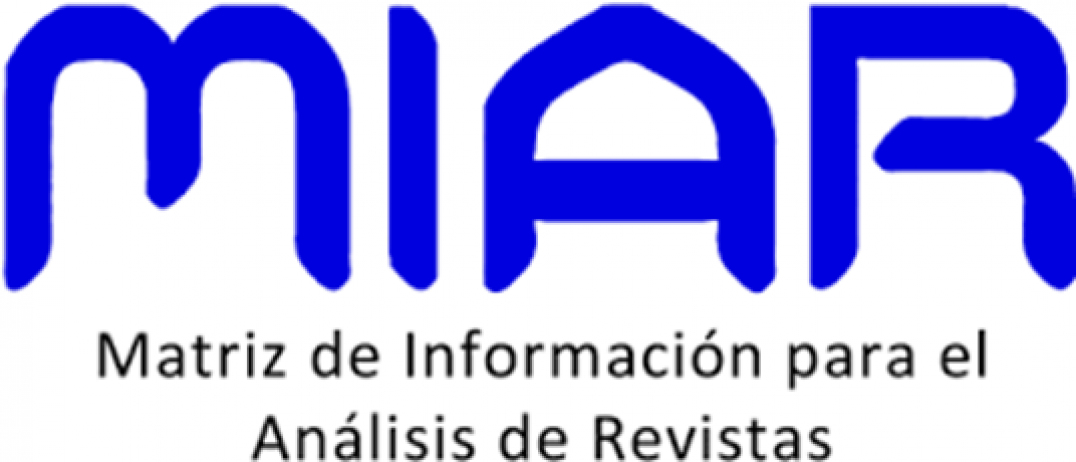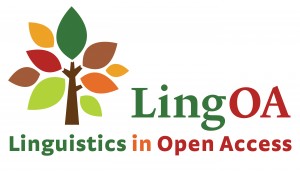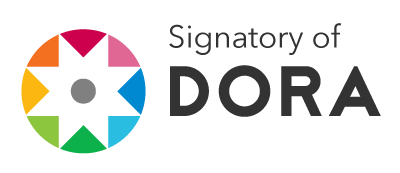Peer review process
Article Evaluation Process
The evaluation of submitted articles involves two distinct phases: 1) an editorial review and 2) an academic review.
1. Editorial Review
Once authors submit the required documentation (as specified in the "Guidelines for Authors: Submission Requirements" section), the Editorial Board initiates the editorial review process. This review adheres to the criteria detailed in the [Editorial Review Format - VeL](Formato dictamen editorial - VeL). In line with our editorial policy guidelines, priority will be given to texts whose bibliography is electronically managed and includes active hyperlinks to their respective DOIs, where applicable.
Upon successful completion of the editorial review, the corresponding author will be formally notified within a maximum of 10 business days regarding the registration and commencement of the academic review process.
2. Academic Review
This review is conducted using a double-blind methodology:
-
Expert academic reviewers, specializing in the same disciplinary and thematic area as the submitted text, are selected from our roster of reviewers—comprised of specialists from national and international institutions. They will then issue an academic report.
-
Reviewers will analyze the academic, theoretical, and methodological relevance of each assigned article. They are responsible for assessing the explicit presence and coherence of the theoretical-methodological section in the articles, as well as its consistency with the field of study, the coherence between the academic contribution and the relevance of the described findings, and the currency and timeliness of the bibliography used. Reviewers will have a maximum of ten weeks from receiving the article to complete their review and submit the result.
-
All texts will be sent to two academic experts—affiliated with an institution different from the authors'—who will provide their comments based on the following possibilities:
-
Approved without modifications.
-
Approved subject to MINOR modifications, not requiring re-evaluation.
-
Approved subject to MAJOR modifications and requires re-evaluation.
-
Rejected, not publishable in the journal.
-
-
Should one review be positive and the other negative, the text will be submitted to a third reviewer, whose assignment will be based on their specialty and the need for balance among evaluators. For an article to be published, two out of three reviews must be positive.
-
In cases where an article receives a positive review (or both reviews are positive) but with requested corrections, the author will be informed via email, and the blind review report containing the specific comments will be attached to that communication.
-
The editorial board guarantees that all reports provided to authors will contain solid arguments supporting the editorial decision.
-
If the author disagrees with any indicated corrections, they may appeal the reviewer's comments to the Editorial Board.
-
If the author receives observations, they will have 10 natural days to submit the new version of the work to the editor.
-
Should further corrections be indicated, this procedure will be repeated once more, up to a limit of two attempts. If changes are still requested after the second attempt, the author will be notified that their article is not publishable due to exceeding the limit.
-
Accepted documents will begin the editing process (style correction, metadata tagging, formatting, and layout), to be subsequently included in the corresponding issue. The editor reserves the right to decide the inclusion of contributions in the issues deemed appropriate.
-
Once style correction is complete, the preliminary version of the text will be sent to the authors for their final review and approval. Authors will have five natural days to provide their approval; if no comments are submitted within this period, the journal will assume the authors have given their tacit approval.
-
The Editorial Committee considers it essential to highlight that the style correction process is the final filter for rejecting or suggesting changes to authors regarding their contributions. As this phase meticulously ensures the syntactic and semantic consistency of the writings, formal and substantive corrections, as well as style and design adjustments, are considered final and non-appealable, as the result guarantees the communicative effectiveness of the article within the scientific community.
Ethical Conduct Statement for Double-Blind Reviewers
Peer review is fundamental to ensuring the integrity and quality of the scholarly record. At Verbum et Lingua, we are committed to a double-anonymous review process, where both the identities of the authors and the reviewers remain anonymous to each other throughout the review process. This promotes an impartial and objective evaluation of manuscripts.
To maintain the integrity of this model, we expect our reviewers to adhere to the following ethical guidelines, based on COPE recommendations:
Confidentiality:
-
Reviewers must treat all manuscripts as confidential documents. This includes the manuscript itself, supplementary data, and any auxiliary material.
-
They must not discuss manuscripts or their content with individuals outside the review process.
-
They must not involve third parties in the review (including junior researchers they are mentoring) without first obtaining explicit permission from the journal editor. If collaboration is permitted, the names of all individuals who contributed to the review must be included so they receive proper recognition in the journal's records.
-
Information obtained during the peer review process must not be used for personal or third-party gain, nor to the disadvantage or discredit of others.
-
The confidentiality of the review process must continue to be respected, and details of the manuscript should not be revealed after peer review, unless permission from the author and the journal has been obtained.
Impartiality and Declaration of Conflicts of Interest:
-
Reviewers must agree to review a manuscript only if they possess the necessary expertise to evaluate it and can do so impartially. If there are gaps in expertise, they must clearly communicate them to the editor.
-
It is crucial that reviewers remain impartial, not influenced by the nationality, religious or political beliefs, gender, or other characteristics of the authors, the origin of the manuscript, or commercial considerations.
-
They must declare all possible conflicting or competing interests (personal, financial, intellectual, professional, political, or religious).
Given the double-blind review process: If a reviewer suspects the identity of the author(s) and this knowledge creates any potential conflict of interest, they must notify the editor immediately.
-
If the reviewer is employed at the same institution as any of the authors, or has been a mentor/mentee, close collaborator, or co-grant holder in recent grants (e.g., in the last 3 years), they must not accept the review.
-
A reviewer should not accept to review a manuscript simply to view it, without intending to submit a review, nor accept to review a manuscript that is very similar to one they have in preparation or under consideration at another journal.
-
If a conflict of interest that prevents a fair and impartial review is discovered, the journal must be notified, and advice sought. While waiting for a response, reviewing the manuscript and associated material should be avoided.
Professional Conduct and Timeliness:
-
It is courteous to respond to the review invitation within a reasonable timeframe, even if the review cannot be carried out.
-
If accepted, a commitment must be made to deliver the review within the proposed or agreed-upon deadline. The journal must always be promptly informed if circumstances change and the original agreement cannot be met, or if an extension is needed.
-
If a review cannot be performed, it is helpful to suggest alternative reviewers if they are relevant, based on their expertise and without any intention of a specific outcome for the manuscript.
-
The review must be objective and constructive, offering feedback that helps authors improve their manuscript. It must be specific in its criticism and provide supporting evidence with appropriate references to substantiate general statements.
-
Reviewers must be professional and refrain from hostile, inflammatory, defamatory comments, or unsubstantiated personal accusations.
-
Do not attempt to rewrite the article in the reviewer's preferred style if the manuscript is fundamentally sound and clear; suggestions for improving clarity are important.
Suspected Ethical Violations:
-
If irregularities related to research or publication ethics are detected (e.g., suspected misconduct during research, writing, or submission of the manuscript; or substantial similarity with another submission or published article), the editor must be informed.
-
Contact the editor directly and do not attempt to investigate on your own. It is appropriate to cooperate, confidentially, with the journal.
We deeply appreciate the ethical commitment of our reviewers in maintaining the high quality and integrity of Verbum et Lingua.












